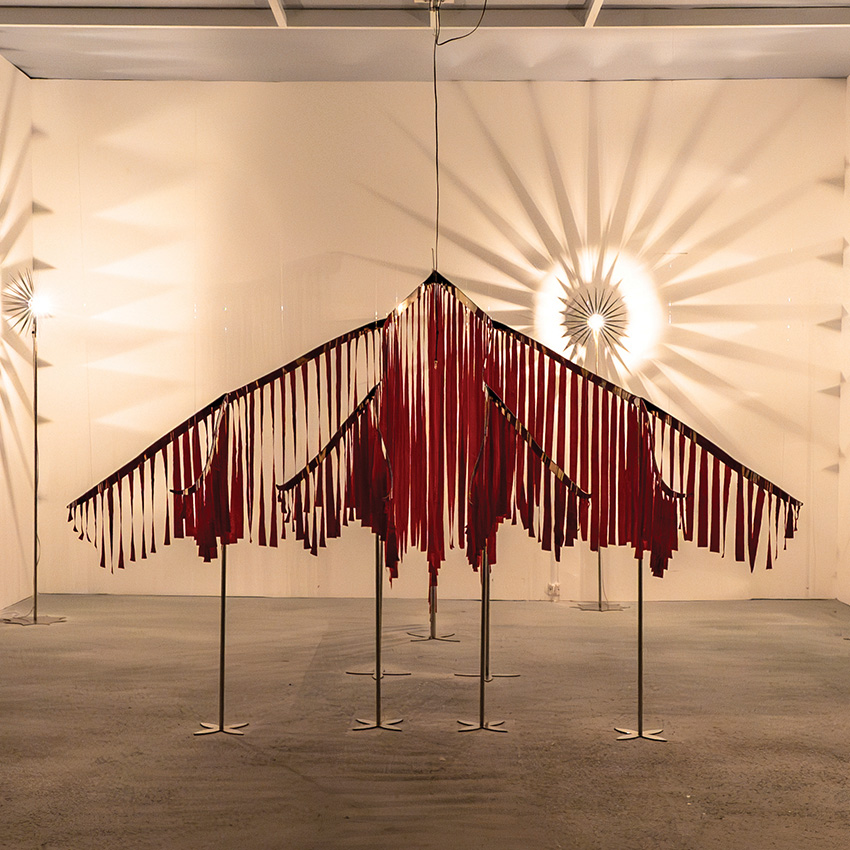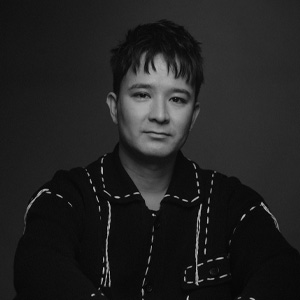LONDON: The Liverpool Arab Arts Festival, the UK’s longest-running festival celebrating Arab arts and culture, runs until July 21 and showcases a vibrant mix of art, theater, music, literature, and workshops.
Founded in 1998, the festival has become a cornerstone of Liverpool’s cultural calendar.
This year’s program features a diverse lineup of artists from Egypt, Morocco, Lebanon, Tunisia, Syria, Yemen, and Somalia, offering a dynamic interplay between traditional and contemporary Arab art forms.
Laura Brown, creative producer of the festival, told Arab News: “Artists are dealing with contemporary ideas and art forms, but often the conversations and themes they are tapping into are something Arab communities have been talking about for generations, like migration, identity and conflict.”
One of the highlights will be the festival’s tribute to Palestine. A special screening of “At Home in Gaza and London” will be held on Monday, with ticket proceeds benefiting collaborators in Gaza.
“Oranges and Stones,” a wordless play told through physical action and music, on Thursday will depict 75 years of occupation and settlement in Palestine. Marina Barham, general director of Al-Harah Theater in Bethlehem, will also speak about the therapeutic role of theater in addressing community trauma.
Port city Liverpool has fostered diverse and multicultural communities, with Arabic reportedly being the city’s second most-spoken language.
Brown said: “What’s really important to us is that we work with the community to ensure everyone feels represented. We talk to the community about artists they like and who they want to see, to bring them over. It was a conversation with members of the Somali community that introduced us to Aar Maanta.”
As an Arts Council England National Portfolio Organization, the festival is part of the 2023-26 investment program.
Brown added: “Being an NPO is something the whole team is incredibly proud of and it is something we take very seriously.
“The arts landscape is very challenging and the ability to be able to know your festival is secured for several years in advance allows you to build relationships with venues and creatives to develop programs and projects further.”






















